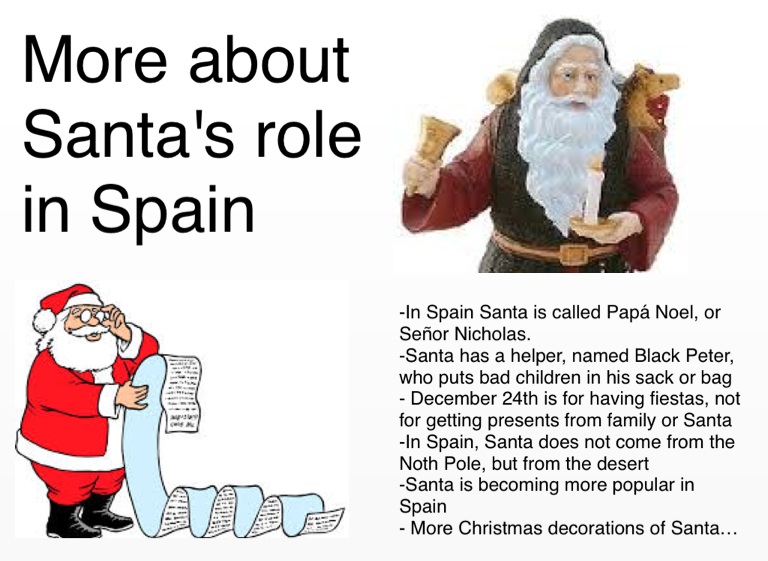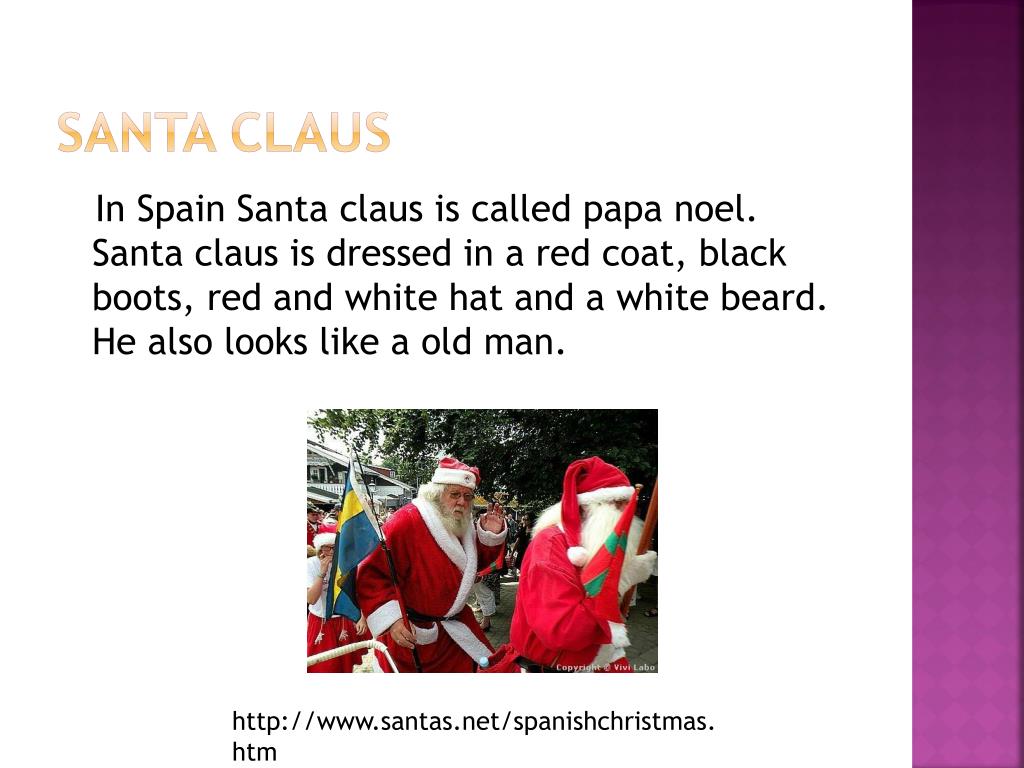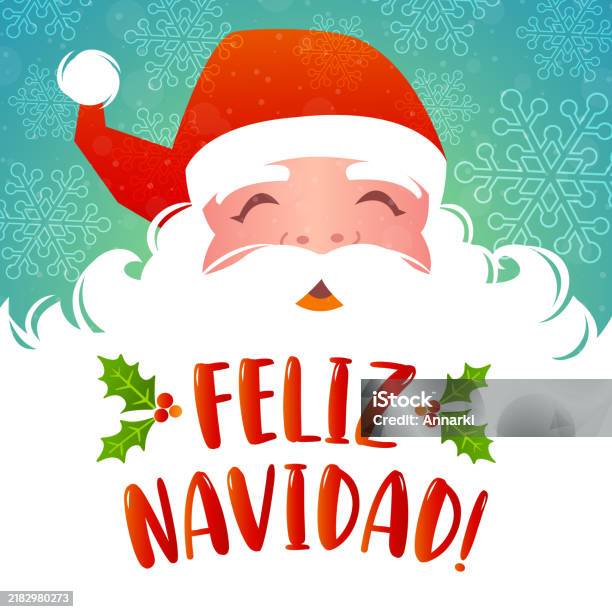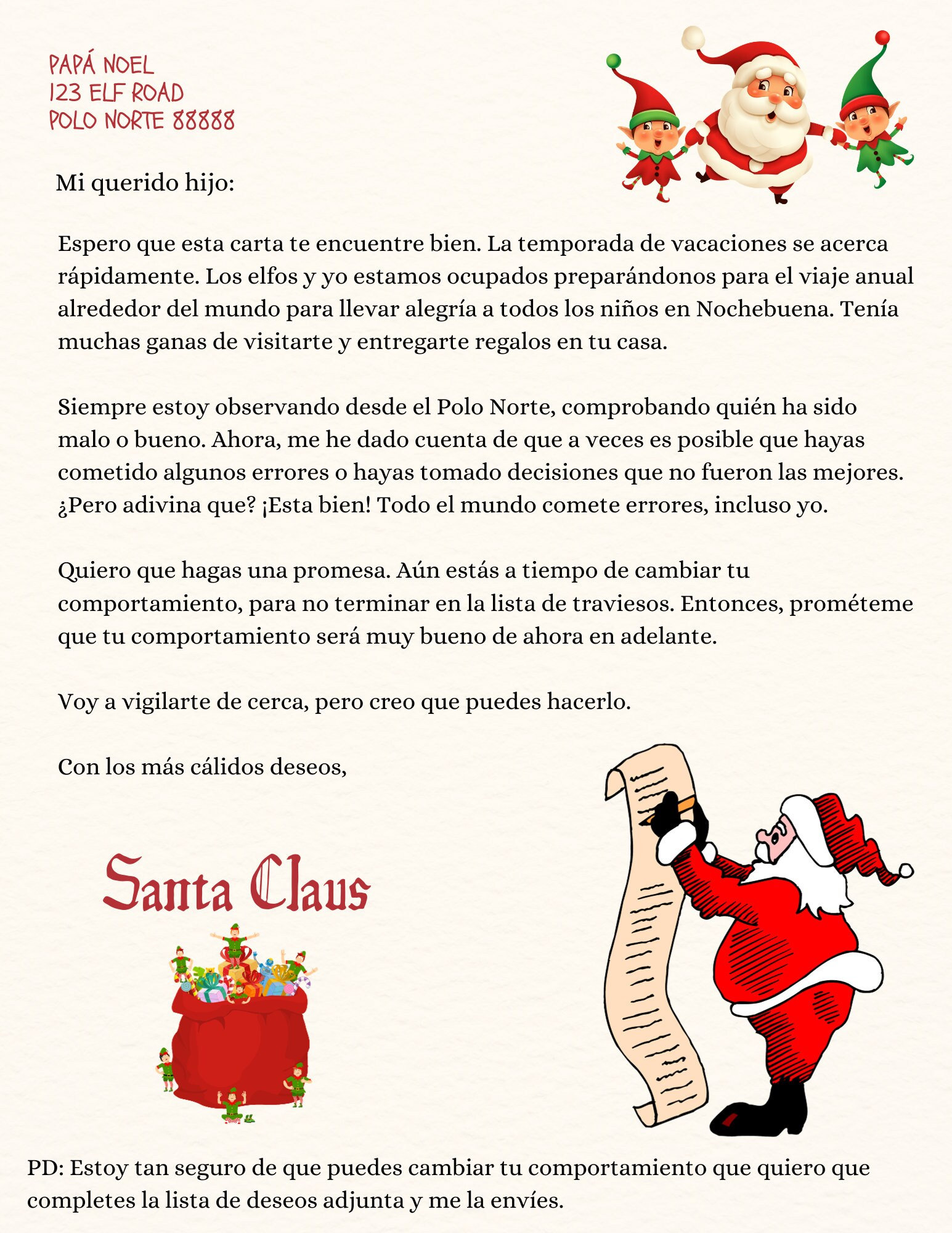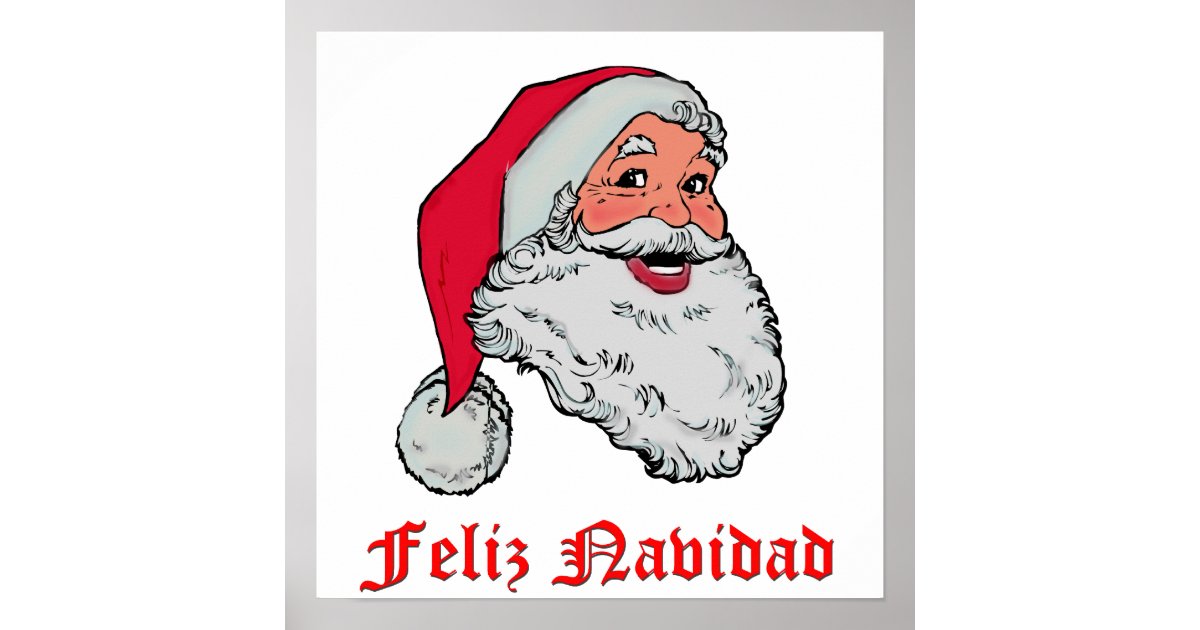What Is Santa Claus In Spanish

Christmas is just around the corner, and that means one thing: Santa Claus! But what do our Spanish-speaking friends call that jolly man in the red suit? The answer, like a good tamale recipe, is surprisingly varied and delightful.
The Classic: Papá Noel
The most common translation is Papá Noel. Think of it as "Father Christmas," a warm and familiar title that rolls off the tongue. It's used widely across Spain and Latin America, a true holiday staple.
Imagine shouting "¡Feliz Navidad de Papá Noel!" Sounds festive, right? It perfectly captures the spirit of the season.
A Regional Twist: Viejito Pascuero
In Chile, Santa gets a little more… geriatric! They call him Viejito Pascuero. Literally, this translates to "Old Man Christmas."
Don't worry, it's not meant to be rude! It's an endearing term, picturing a kindly old soul bringing gifts. It's like calling your grandpa "old timer" with affection.
Why "Pascuero" Instead of "Navidad"?
You might be wondering why "Pascuero" (related to Pascua, meaning Easter) is in the name. Historically, Christmas was seen as a type of "Pascua." So it sticks even though Easter is clearly different!
The Gift Bringer: San Nicolás
While not as universally used as Papá Noel, San Nicolás (Saint Nicholas) also makes an appearance. This is a more traditional, religious reference to the historical figure who inspired the Santa Claus legend.
In some regions, you might hear both Papá Noel and San Nicolás used interchangeably. It's like having two nicknames for the same beloved person!
Beyond the Name: Cultural Nuances
It's not just about the name; it's about the traditions! In some Spanish-speaking countries, the Three Kings (Los Reyes Magos) are even more important than Santa.
They bring gifts on January 6th, Epiphany. Children leave out shoes for the Kings to fill, a charming custom similar to leaving out stockings for Santa.
So, Which One Should You Use?
If you want a safe bet, go with Papá Noel. Most Spanish speakers will know exactly who you're talking about.
If you're feeling adventurous, try Viejito Pascuero if you're chatting with someone from Chile. It's a fun way to connect and show you know a bit about their culture.
Ultimately, the most important thing is the spirit of giving and joy that Santa – whatever you call him – represents. So this holiday season, whether you're celebrating with Papá Noel, Viejito Pascuero, or the Three Kings, remember the warmth and happiness of Christmas!
¡Feliz Navidad a todos, de parte de Papá Noel! Or should I say, Viejito Pascuero? 😉


